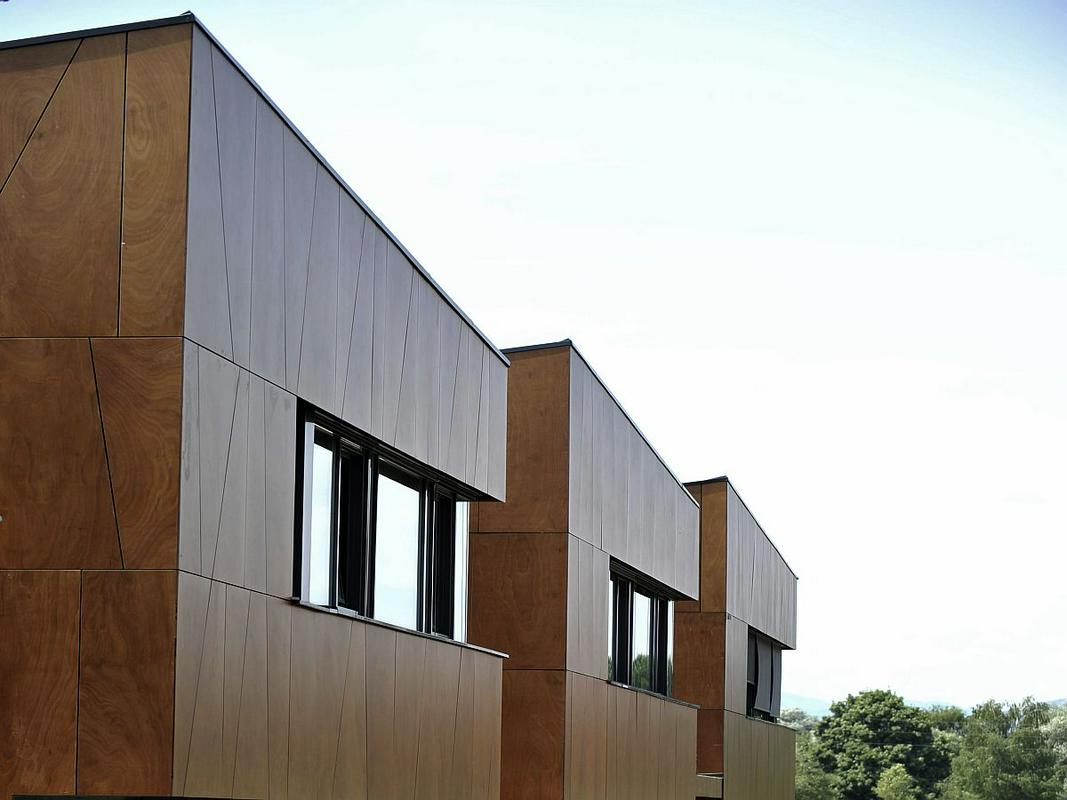The government has adopted the first changes of the real estate tax act which equalize so-called residential and non-residential real estate. The changes will reduce the budget revenue by approximately 20 million euros.
On Thursday the government adopted changes of the real estate tax act and, as predicted, equalized the taxation of residential and non-residential flats. Thus a single tax rate of 0.15% will be introduced for all residential property.
The second change concerns the extension of the deadline by which the owners must get their property data in order by one month, i.e. till the end of April 2014. Consequently the deadline for the first property tax assessment was shifted by a month and a half, but these changes are meant only for this year.
The director-general of the Tax Administration of the Republic of Slovenia (Durs) Jana Ahčin said at today's press conference that the relevant date from which the data for property tax will be taken into account is May 1. The first tax assessments will be sent in the beginning of July, all of them not later than by July 15.
Humanitarian organisations will be exempt from property tax
Ahčin explained that all humanitarian organisations, which are already exempt from taxes, will be exempt from property tax as well. According to her words these include volunteer firefighter associations as well.
The tax rate will be reduced for some other beneficiaries, e.g. handicapped persons using wheelchairs. She appealed to all the handicapped persons and their caretakers to pass to Durs certificates on use of wheelchairs, as Durs is not entitled to check personal data.
Recipients of wellfare services or income support will be entitled to only partial payment, i.e. one half of the property tax. According to Durs information the number of persons liable is approximately 56,000, while the number of people using wheelchairs amounts from 3,500 to 4,000.
Less treasury inflow
When preparing the property tax the government calculated it would bring a bit more than 200 million euros of additional funds. The first changes of the act will somewhat reduce this number, as the single tax rate for residential and non-residential flats will bring approximately 20 million less than previously predicted.
"This loss will have to be covered through other taxes, or by savings. No special measures for recuperation of the loss are planned," said the Mateja Vraničar, the state secretary at the Ministry of Finance. The changes of the act have to be adopted by the National Assembly.


































































